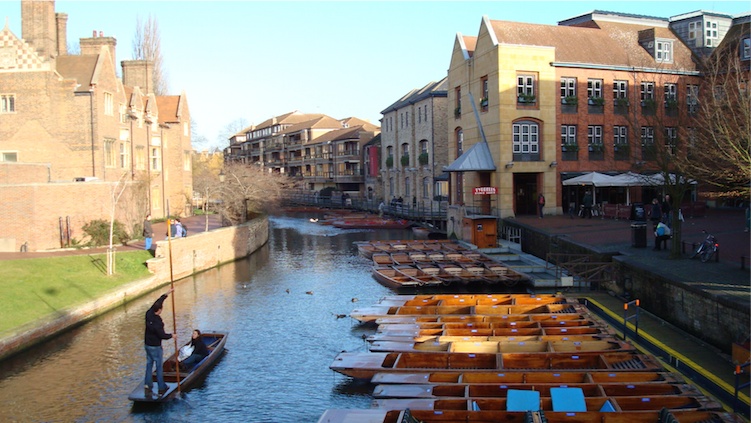Learning Shouldn’t Be a Competitive Sport That Only a Few Can Succeed At
By Holly Welham | Jan 23, 2015

Headteacher James Biddulph is leading the high-profile opening of a new primary school by the University of Cambridge. He talks about finding inspiration in Nepal and why he’ll be using approaches that move away from labelling children by ability.
Across 150 hectares of farmland in north-west Cambridge, heavy building work is underway for a new town being created by the university. Amid the £1bn plans for 3,000 new homes and 2,000 post-graduate student spaces are proposals for a school. It’s the first primary to be set up by a university and, when it opens this September, it will cater for people living on the new development. The Department for Education is investing in the 630-place free school, which will admit students of all abilities, but the total amount has not yet been finalised.
The school’s £11m site, on which building work started in November, has been designed by some of the architects who created the London Eye and Biddulph says the ethos of the school is very much manifested in the building.
“We want to develop a more fluid approach to indoor and outdoor learning, so every class has an outdoor learning space,” Biddulph says. “And because we’re trying to develop learning best practice none of the classrooms will have doors, so people can see each other teach.”
This is the second school Biddulph has helped to open; for the past three years he’s been the headteacher of a Hindu free school, which he set up with the Avanti Schools Trust in Essex. Many of his ideas for the University of Cambridge primary school stem from his time there.
Five values are at the heart of his vision for the school – empathy, respect, trust, courage and gratitude.
Read more: http://www.theguardian.com/teacher-network/2015/jan/18/learning-cambridge-university-primary-school















